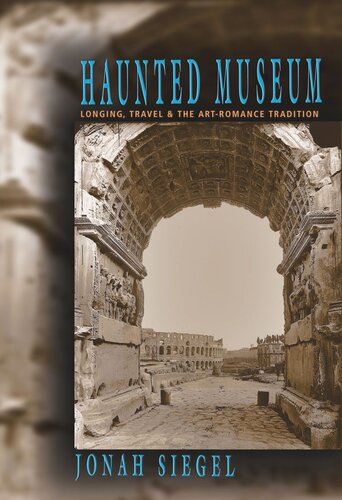

Most ebook files are in PDF format, so you can easily read them using various software such as Foxit Reader or directly on the Google Chrome browser.
Some ebook files are released by publishers in other formats such as .awz, .mobi, .epub, .fb2, etc. You may need to install specific software to read these formats on mobile/PC, such as Calibre.
Please read the tutorial at this link: https://ebookbell.com/faq
We offer FREE conversion to the popular formats you request; however, this may take some time. Therefore, right after payment, please email us, and we will try to provide the service as quickly as possible.
For some exceptional file formats or broken links (if any), please refrain from opening any disputes. Instead, email us first, and we will try to assist within a maximum of 6 hours.
EbookBell Team

5.0
18 reviewsFor centuries, southern Europe, and Italy in particular, has offered writers far more than an evocative setting for important works of literature. The voyage south has been an integral part of the imagination of inspiration. Haunted Museum is a groundbreaking, in-depth look at fantasies of Italy from the late eighteenth to the early twentieth centuries, focusing on a literary tradition Jonah Siegel terms the "art romance"--the fantastic voyage south understood as the register of an ambivalent desire for art and a heightened experience of reality.
Siegel argues that Italy's allure derives not only from its celebrated promise of unique natural beauty and prized antiquities, but from the opportunity it offers writers to place themselves in relation to a web of prior accounts of travel to the native land of genius. Beginning with Goethe as the founding figure of the tradition, Haunted Museum moves from a rich reframing of literature from the first half of the nineteenth century--including new readings of works by Byron, de Staël, Barrett Browning, and others--to an ambitious examination of Henry James's well-known engagement with Europe, newly understood as a response to this important literary legacy. Readings of works by Freud, Forster, Mann, and Proust demonstrate the longevity of the tradition of looking to Italy for the representation of desires as impossible to satisfy as they are to deny.